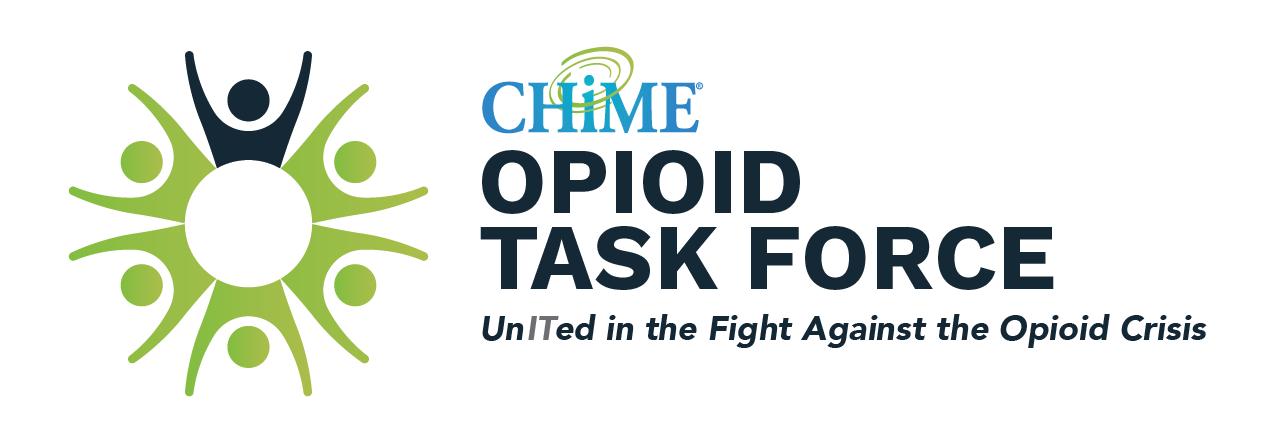Ms. L. always showed up 10 minutes early for her appointments, even though I always ran late. Her granddaughter would rest her cheek against Ms. L.’s chest, squishing one eye shut, and scroll through Ms. L.’s phone while they waited. After reviewing her blood sugars, which Ms. L. recorded assiduously in a dog-eared blue diary, we’d talk about smoking cessation. That was a work in progress. “There’s just nothing like a cigarette,” she’d sigh. “Don’t you ever start,” she’d admonish her granddaughter, kissing the top of her head.
One day, I knew something was wrong the moment I opened the door. Ms. L. was alone. Sweat dotted her lip and forehead. She closed her eyes and looked away, and tears fell onto her lap. “I need help,” she whispered, and it all came out: she had taken a few of the oxycodone pills prescribed for her husband after a leg injury, then a few more from a friend. And like a swimmer pulled into the undertow, she was dragged back into the cold, dark brine of addiction. I tried to hide my shock. I’d known she was in recovery from opioid use disorder (OUD), but it had simply never come up. She hadn’t used in decades.
Keyword: Stigma
